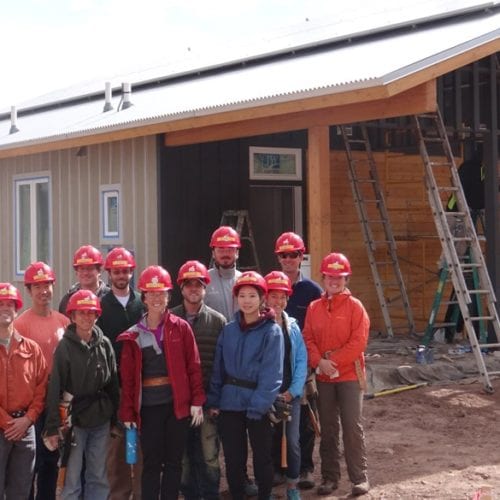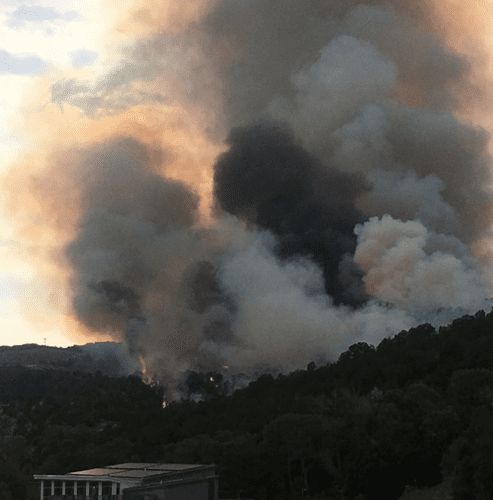
Electricity

An Affordable, Net-Zero, All-Electric Community in the Colorado Rockies
Last week the Rocky Mountain Institute Basalt office (and two of our Boulder colleagues) had an amazing opportunity. We were able to volunteer to help build houses with Habitat for Humanity. But these weren’t just regular houses. These are in the first affordable, net-zero, and all-electric housing project in Western…

Four US States Scoring Under-the-Radar Clean Energy Wins
This blog post originally appeared on the World Resources Institute blog. In the United States, the falling cost of renewable energy means the economic case for investing in renewables is stronger than ever before. Across the country, from South Carolina to Nevada, states are taking new measures to…

The Energy Sector Needs to Stop Seeing Blockchain as a Disruption
The Energy Web Foundation (EWF) was cocreated by Rocky Mountain Institute and Grid Singularity. Representatives of both organizations serve on EWF’s Foundation Council. Across both sides of the blockchain aisle—both industries contemplating the technology’s implications and evangelists advocating its adoption—people often describe blockchain as the next big disruptor. Skeptics tend…

Energy Resilience in the Roaring Fork Valley
On the evening of July 3, 2018, a wildfire broke out a half mile from the Rocky Mountain Institute office in Basalt, Colorado, in the heart of the Roaring Fork Valley. This fire—dubbed the Lake Christine Fire—spread to engulf more than 12,500 acres and came within minutes of shutting…

Elevating Utility Business Model Reform at e–Lab Accelerator 2019
The various forces—societal, financial, environmental, customer-driven—motivating the electricity system’s transition to a more decarbonized and distributed orientation continue to grow, marked by several key milestones in recent months. As a central actor in the energy ecosystem, electric utilities will continue to play a key role in how this inevitable…